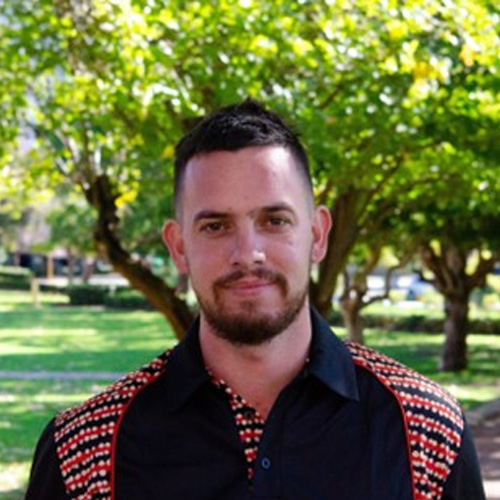Search
Showing results for "mental health aboriginal"
Research
Trauma-informed prevention programmes for depression, anxiety, and substance use among young people: protocol for a mixed-methods systematic reviewMental ill-health and substance use bear a substantial burden and harm on young people and often arise from co-occurring and compounding risk factors, such as traumatic stress. Trauma-informed prevention of mental ill-health and substance use demonstrates significant promise in reducing this burden.

People
Bep UinkBep Uink is an Honorary Research Associate at The Kids Research Institute Australia.

News & Events
Planting the seeds with new project officer Thomas BettsProject Officer Thomas Betts says it's vital we nurture our young people.


News & Events
WA government cites Embrace in new strategyEmbrace @ The Kids Research Institute Australia's Co-Directors Professor Ashleigh Lin and Professor Helen Milroy have welcomed the release of a new WA government mental health research strategy.

The NATSISPEP will formally evaluate a range of existing Indigenous suicide prevention programs and services to develop an evidence base for 'what works'.
Research
Environmental health challenges in remote Aboriginal Australian communities: clean air, clean water and safe housingA considerable health disparity exists between Aboriginal and non-Aboriginal Australians, including a higher incidence and severity of cardiovascular and...
Research
Decolonising Australian Psychology: Discourses, Strategies, and PracticeThis paper discusses the role of psychology in Australia and the negative impact that certain disciplinary theories and practices have had on Aboriginal and...
Research
Exploring factors impacting early childhood health among Aboriginal and Torres Strait Islander families and communitiesThe impact of perinatal outcomes, maternal social and health outcomes and level of culturally secure service availability on the health outcomes of Western Australian Aboriginal infants and children

News & Events
WATCH: Cultural safety brings community together at Boola BardipBarry Winmar began proceedings with a Welcome to Country and smoking ceremony.
